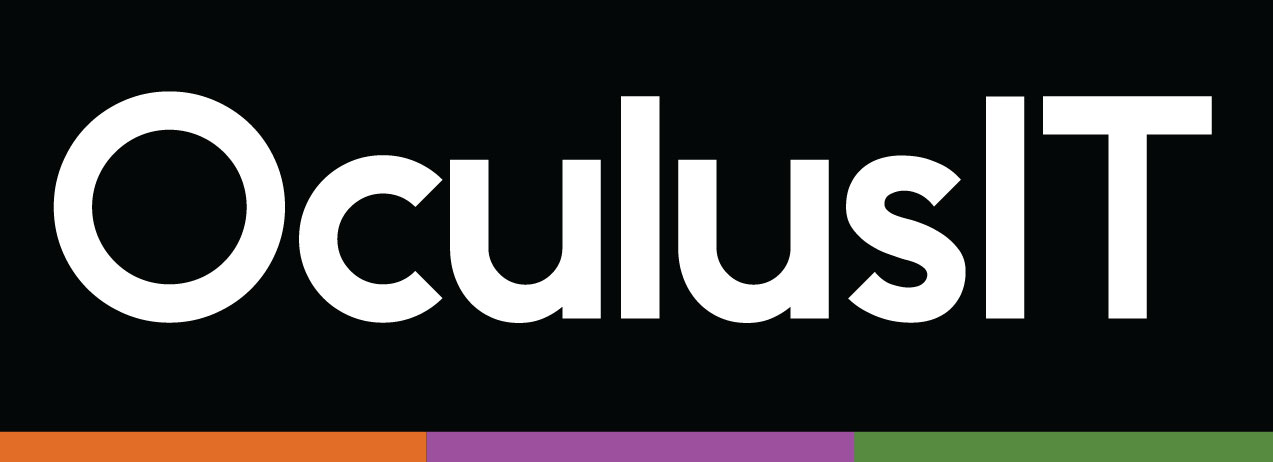
The Importance of Regular IT Audits and Assessments in Higher Education
June 10, 2024
In today’s rapidly evolving digital landscape, higher education institutions rely heavily on their IT infrastructure to support administrative functions, academic research, and the overall student experience. As technology becomes more integral to these institutions, ensuring the reliability, security, and efficiency of IT systems is paramount. One of the most effective ways to achieve this is through regular IT audits and assessments.
Why Regular IT Audits and Assessments Matter
-
- Enhancing Security Posture: Cybersecurity threats are a significant concern for higher education institutions, which often house sensitive information such as student records, financial data, and research findings. Regular IT audits help identify vulnerabilities within the IT infrastructure, allowing institutions to proactively address potential threats before they can be exploited. By assessing security protocols and practices, institutions can implement stronger defenses against cyberattacks.
- Ensuring Compliance with Regulations: Higher education institutions must comply with various regulations, including FERPA (Family Educational Rights and Privacy Act), HIPAA (Health Insurance Portability and Accountability Act), and GDPR (General Data Protection Regulation). Regular IT assessments ensure that institutions adhere to these regulations by evaluating data handling practices, access controls, and overall compliance posture. Failure to comply can result in severe penalties and damage to the institution’s reputation.
- Optimizing IT Performance and Efficiency: An IT audit provides a comprehensive review of an institution’s IT infrastructure, including hardware, software, and network systems. This review identifies areas where performance can be improved, such as outdated hardware that needs replacement or software that requires updates. By optimizing IT performance, institutions can reduce downtime, enhance user experience, and maximize the return on IT investments.
- Supporting Strategic Planning: IT audits and assessments provide valuable insights that support strategic planning and decision-making. By understanding the current state of the IT infrastructure, institutions can make informed decisions about future investments, technology upgrades, and resource allocation. This proactive approach ensures that the IT infrastructure can support the institution’s long-term goals and objectives.
- Facilitating Continuous Improvement Regular IT audits establish a baseline for continuous improvement. By conducting these assessments periodically, institutions can track progress over time, measure the effectiveness of implemented changes, and identify new areas for improvement. This iterative process fosters a culture of continuous improvement, ensuring that the IT infrastructure evolves to meet changing needs and challenges.
Conducting an Effective IT Audit
An effective IT audit involves several key steps:
-
-
- Planning and Scoping: Define the scope of the audit, including the specific systems, processes, and areas to be assessed. Establish clear objectives and criteria for evaluation.
- Data Collection: Gather information through interviews, questionnaires, system scans, and reviews of documentation. This data provides a comprehensive view of the current IT environment.
- Analysis and Evaluation: Analyze the collected data to identify strengths, weaknesses, and potential risks. Evaluate the effectiveness of existing controls and practices.
- Reporting: Compile the findings into a detailed report that includes recommendations for improvement. The report should be clear, concise, and actionable.
- Implementation and Follow-Up: Develop and implement a plan to address the identified issues and recommendations. Schedule follow-up assessments to ensure that improvements are effective and sustained.
-
Partnering with Experts for Comprehensive IT Audits
Conducting thorough IT audits requires expertise and resources that many higher education institutions may lack internally. Partnering with a specialized provider like OculusIT can ensure that audits are comprehensive, objective, and effective. With extensive experience in managed IT services for higher education, OculusIT offers tailored solutions that address the unique needs and challenges of these institutions.
Ensure your institution’s IT infrastructure is secure, compliant, and efficient. Partner with OculusIT for comprehensive managed IT services and regular audits that support your institution’s goals and protect your valuable data. Contact us today to learn how we can help you achieve a robust and resilient IT environment.
Recent Articles






